Learning Sciences and Educational Technologies
Understanding and improving how people learn using technology is at the core of human-computer interaction, learning sciences and educational technologies.
This interdisciplinary area builds on insights from cognitive science, psychology, education, computer science, and design to create effective educational tools and accessible learning environments. As technologies change, the learning sciences do as well. Today, educational technologies also include mixed-reality learning environments, educational games, intelligent tutoring systems, online courses, artificial intelligence (AI), learning analytics, and more.
Digital learning experiences can be adaptive, accommodating and responding to individual students' needs, which can lead to better engagement and improved learning outcomes. As HCII researchers continue their work, the LearnLab offers resources and support to the broader learning community, including a week-long Summer School for other educators.
Students who want to learn more about this HCI research area might be interested in the following courses:
-

The Myth of the Fast Learner
NEWSLearning science experts from Carnegie Mellon University's Human Computer Interaction Institute (HCII) wanted to know why some students le...
-
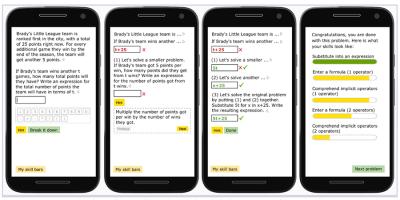
HCII Researchers Awarded $2M Grant To Test AI-Based Mobile Tutoring Software
NEWSHomework can be extra difficult for middle school students facing limited access to technology, lack of parental support or other factors ...
-

CMU Team Advances to Final Round of $1M XPRIZE Competition
NEWSDigital Learning Challenge seeks to improve learning outcomes with effective tools Carnegie Mellon University learning science research...
-

The Future of Classroom Experimentation
NEWSWith access to some of the best digital tools and learning systems ever seen, it's a wonder that there is currently no easy way for teache...
-
CMU Experts Help Reach Learners in Uganda
NEWSFinancial constraints and physical distance from schools kept more than 75% of school-aged learners in Uganda out of the classroom, even b...
-
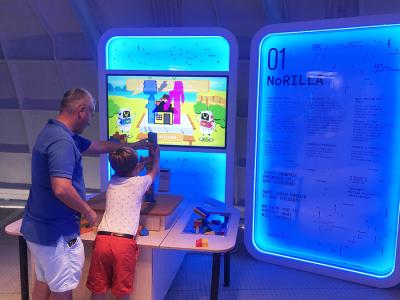
AI-Powered Museum Exhibit Shows Technology's Potential in Education
NEWSA project from the School of Computer Science's Human-Computer Interaction Institute that uses artificial intelligence to assist children ...
-
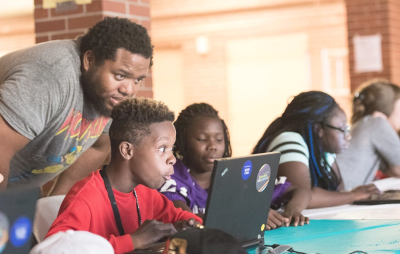
HCII Software Uses AI To Get Students To Do More Math
NEWSSoftware designed by members of the Human-Computer Interaction Institute's (HCII) LearnLab to improve math learning outcomes for marginali...
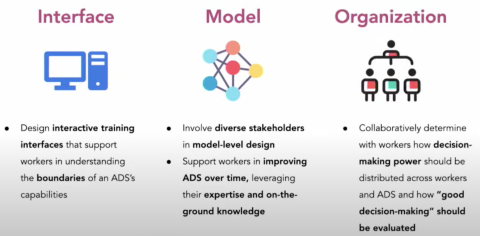
Studying and designing for human-AI collaborative work in real-world contexts
PROJECTAcross a range of real-world contexts, we are studying how AI is currently being designed and used to augment or transform worker practices. Moving beyond...
-
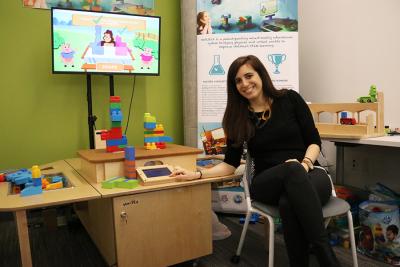
Adding AI to Museum Exhibits Increases Learning, Keeps Kids Engaged Longer
NEWSHands-on exhibits are staples of science and children's museums around the world, and kids love them. The exhibits invite children to expl...
-

HCII Researchers To Study Improving Algorithm, Computer Science Education as Part of CERES Network
NEWSResearchers in Carnegie Mellon University's Human Computer Interaction Institute will collaborate with institutions around the world to ta...
-
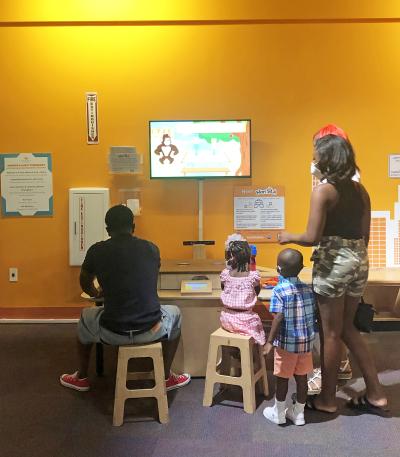
New Research Shows Learning Is More Effective When Active
NEWS Engaging students through interactive activities, discussions, feedback and AI-enhanced technologies resulted in improved academic p...
-
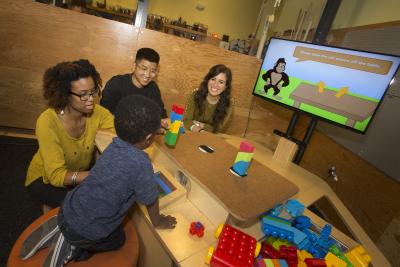
Team Receives $2.3M from NSF for Intelligent Science Stations
NEWSA team of Human-Computer Interaction Institute researchers composed of Systems Scientist Nesra Yannier (PI) and Professors Ken Koedinger (...

